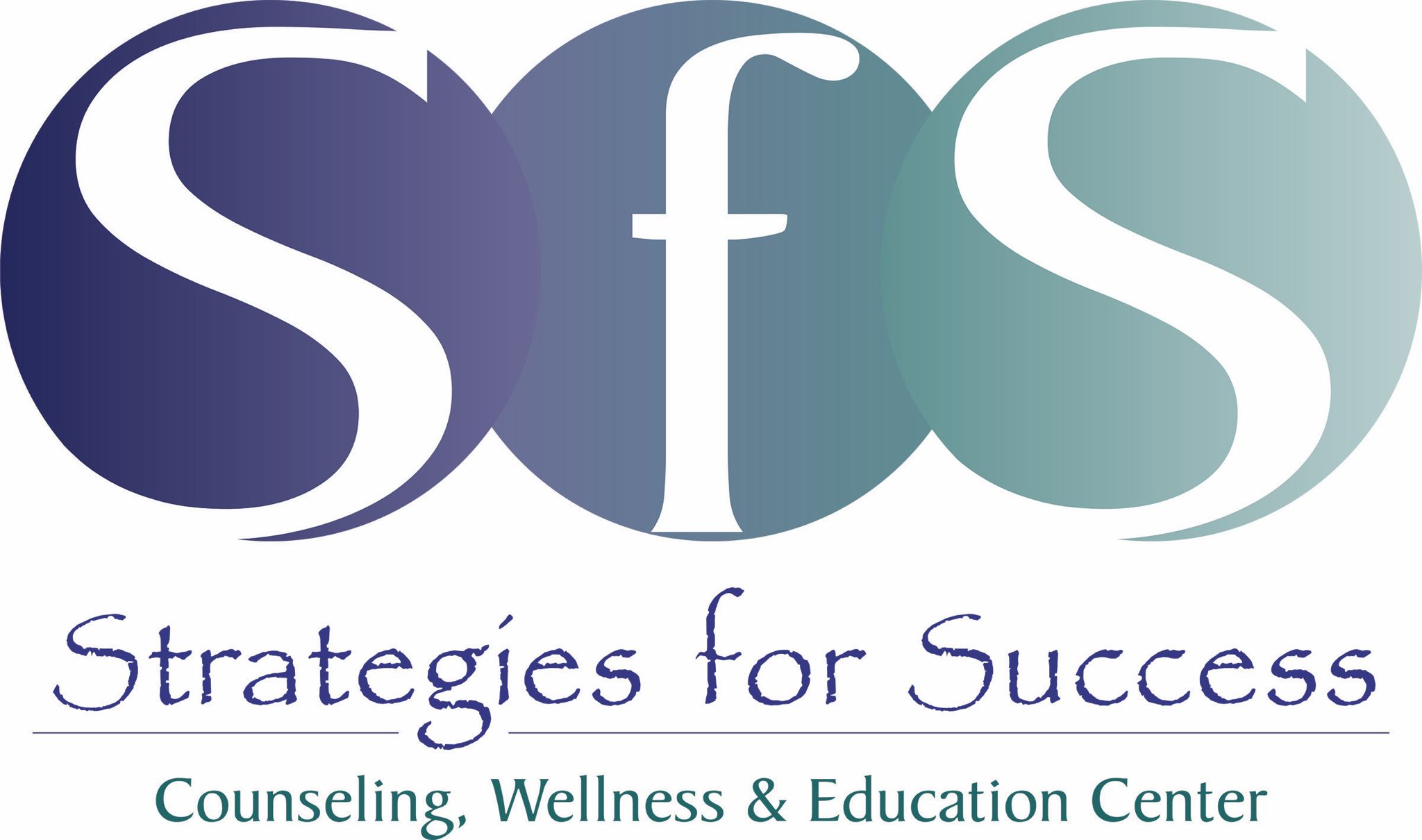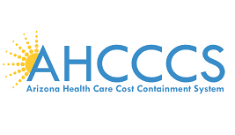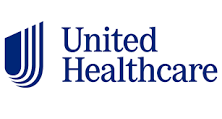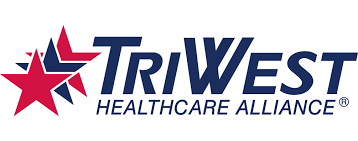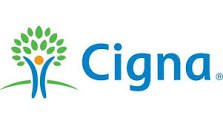Our Methodology
At our clinic, our primary objective is to support individuals in achieving therapeutic progress by minimizing their dependence on medication. We strive to reduce the potential long-term side effects that often accompany the use of pharmaceuticals. Our commitment lies in setting a new standard for advanced mental health and depression treatment in Arizona.
- The majority of TMS centers and clinicians, amounting to more than 95%, predominantly focus their efforts on treating depression. However, at our Institute, we take a more holistic approach. We acknowledge the broader applications of TMS beyond depression and take pride in our ability to think creatively, offering treatment for a wide range of conditions.
- Our approach is rooted in evidence-based medicine. We strictly adhere to protocols that have been established and published in clinical trials. By staying true to scientific research, we ensure that all the treatments we provide are grounded in solid evidence and best practices.

